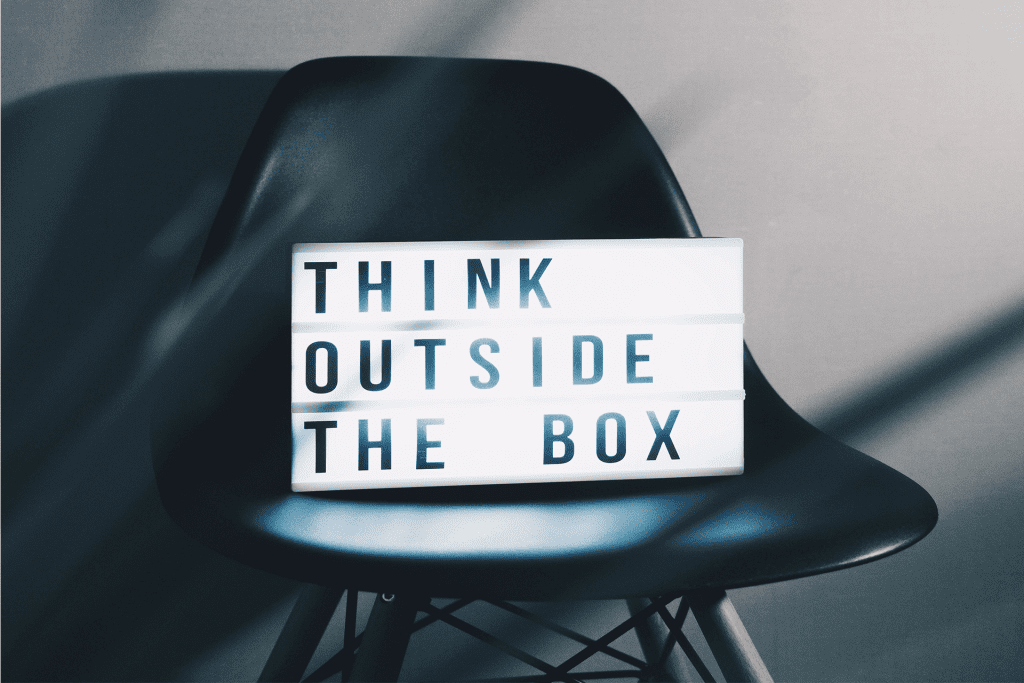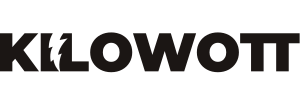
Digital transformation has heralded in a radical rethinking of how organizations use technology, people and processes to change business performance, improve operations and boost ROI With it changing the landscape of most industries, understanding the technologies that have supported the change has become important. A few key technologies are expected to drive digital transformation strategies and priorities across industry sectors. In fact, technology is driving the creation of a futurescape that is being called the fourth industrial revolution or Industry 4.0
Here are some of the top technologies that are being used:
Digital Transformation in Artificial Intelligence
AI is unlocking previously unavailable analytics and insights resulting in new ways to approach and solve problems. AI applications that optimize cloud processing, enable the deployment of faster computers and boost operational efficiency can benefit companies of any size and sector. AI is not only becoming mainstream, it is also becoming the very core of business. Companies, especially those in the global manufacturing sector need to develop strategic roadmaps to implement and scale this new technology or risk going out of business.
Conversational AI is an example of an exciting use of AI in business, which allows businesses to automate communication and carry out highly personalized interactions with a large number of customers through the use of messaging apps, speech-based assistants, and chatbots. Conversational AI can be self-learning and generate leads.
The Internet of Things (IoT) and 5G
The new 5G wireless standard promises to accelerate IoT solutions with speeds that are a hundred times faster than 4G. It will also allow next-generation networks to compete with wired broadband systems, including those built with fiber-optic technology. IoT is one of the emerging technologies that offer transformative potential for forward-thinking companies because of its ability to combine sensors and sophisticated software analytics to process large volumes of operational data.
Memomi’s digital mirror called the Memory Mirror is a great example of how IoT connectivity can transform the retail landscape with connecting devices and providing immersive in-store experiences. 5G and IoT solutions are not just transforming retail and every other industrial and commercial sector, they are also spurring innovation and impacting the global economy
Automation
One of the cornerstones of digital transformation technology, automation as the name suggests uses technology to accomplish tasks that were once done by humans. We are now in an era of hyper-automation where advanced computing technology uses AI and ML to identify and automate all possible business processes. It also refers to the use of technology to discover, analyze, design automate, measure, monitor and reassess business processes and data.
Hyperautomation is already being used by Lamborghini to improve efficiency on its new Ursus SUV, IIoT is being used to configure the assembly process, digital sensors and robots are used in a collaborative and connected environment. The production process is electronically monitored and produces data insights which are instantly available, allowing every aspect of production to be controlled on-site and remotely.
Digital Transformation in Blockchain
Another technology poised to impact digital transformation is blockchain technology. Blockchain will give companies the ability to use a secure distributed ledger for everything from contracts and transactions to financing and recordkeeping. Distributed ledgers are secure databases that are shared by multiple parties and synchronized across multiple sites, companies and locations. They can record transactions between multiple parties in a verifiable and permanent way.
Blockchain is already being used in global supply chains by companies like Maersk and IBM. TradeLens, an open and neutral supply chain platform, uses blockchain technology to help all stakeholders in the supply chain to share information and collaborate as cargo moves around the world. It provides transparent, secure and immutable records of transactions. It is making a remarkable impact in increasing industrial innovation, reducing trade friction and promoting global trade.
Customer Data Platforms (CDP)
Companies rely on timely, well-curated data to operate optimally. Fragmented data from multiple sources can be difficult to organize, addressing the challenge of bad data has become a priority for organizations of all sizes. CDPs collect data from all available sources, organize it, tag it and make it usable for anyone who needs access to it.
Companies like Adobe, Oracle and Microsoft are already investing in providing the market with customer data platforms. Analytics platforms and big data are not going to lose relevance along with data warehouses and visualization tools any time soon but the rise of CDPs is expected to explode in the coming years. This is especially more so because business operations have become more fragmented with work from home operational models as well as the continual acceleration of data collection across an expanding ecosystem of touchpoints.
Companies with strong brands, an entrenched customer base, established sales methods and partners, need to understand the value in transforming to agile, adaptive and responsive enterprises. Companies of all sizes must understand how to use new technology to effectively achieve meaningful digital transformation.
For more information on Digital Transformation and how to make changes to your business management strategies, get in touch with us today and speak with one of our experts at Kilowott.




